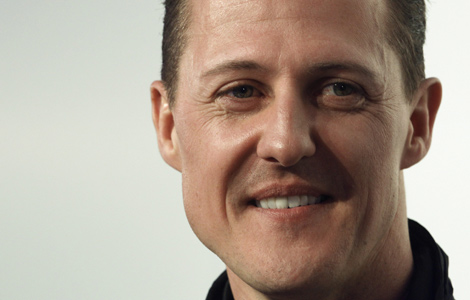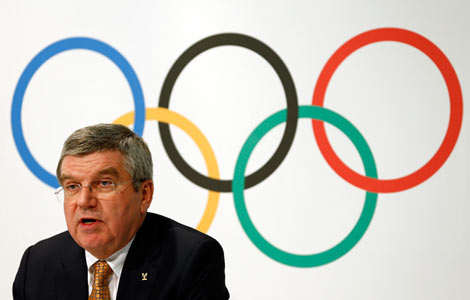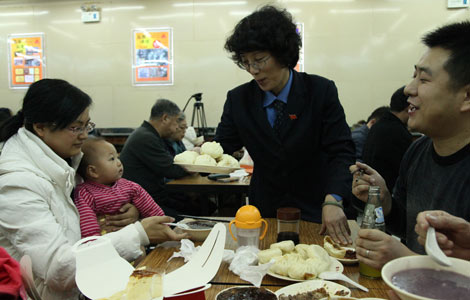Xi to direct carrying out of reform
Updated: 2013-12-31 01:24
By Zhao Yinan, Li Yang in Beijing and Zhang Chunyan in London (China Daily)
|
||||||||
China's top leader Xi Jinping will head a group to steer economic, social and Party reforms, underscoring the country's determination to push through change amid resistance from vested interests.
China's top ruling body, the Political Bureau of the Communist Party of China Central Committee, decided to set up the group to lead overall reforms and appoint Xi as its leader, according to a decision adopted at the political bureau's meeting on Monday.
The group, which is expected to carry out the country's boldest reform proposals in more than three decades, is being positioned at the highest level, showing the leadership's resolve to smash the shackles of vested interests, analysts said.
But speculation has swirled on how these reform initiatives — many of which touch upon the country's most complicated issues, such as modifying the family planning policy, separating grassroots courts from local governments and improving Party anti-graft measures — would be carried out despite resistance from local governments.
Ding Ningning, a social development researcher at the State Council Development Research Center, said Xi's decision to take command shows how difficult and complicated the reform is, since most reform commissions were headed by premiers.
"China has seen many rounds of systematic reforms since the 1980s, but this time the work will take more than the State Council's efforts to balance the relations between the central and local governments. That's why a higher authority is needed," he said.
According to Monday's decision, the leading group will "design reform on an overall basis, arrange and coordinate reforms, push forward reform as a whole, and supervise the implementation of reform plans".
"It is of no surprise that Xi will take the position," said Mu Haiping, a strategic development researcher at the Chinese Academy of Governance.
"Since the reforms proposed at the Third Plenum cover not only affairs under the administration of the State Council, but also the Party and the army, the capability to coordinate among different departments is badly needed by the position," he said.
Yao Shujie, head of the School of Contemporary Chinese Studies at the University of Nottingham in Britain, said pushing comprehensive reforms needs "powerful" institutions to eliminate all obstacles, including some interest groups.
Since taking office, Xi and other leaders have done a lot to push China's reforms and combat corruption. They all have an appetite for reforms, not least to meet the ongoing social, economic and environmental challenges, he said.
Yan Jirong, a state governance researcher at Peking University, said: "It is natural that Xi serves in the post. The future reform touches more fields than only market and government, but also the army and the Party, which cannot be done by the government alone."
Contact the writer at zhaoyinan@chinadaily.com.cn
Most Viewed
Editor's Picks

|

|

|

|

|

|
Today's Top News
US analysts think Abe's shrine visit a mistake
Xi's bun shop visit wows media
Global retirement crisis looms
US train collision sparks fire
Beijing turns cold shoulder to Japan
70 journalists killed on the job
Xi to direct carrying out of reform
Abbas committed to peace talks
US Weekly

|

|















